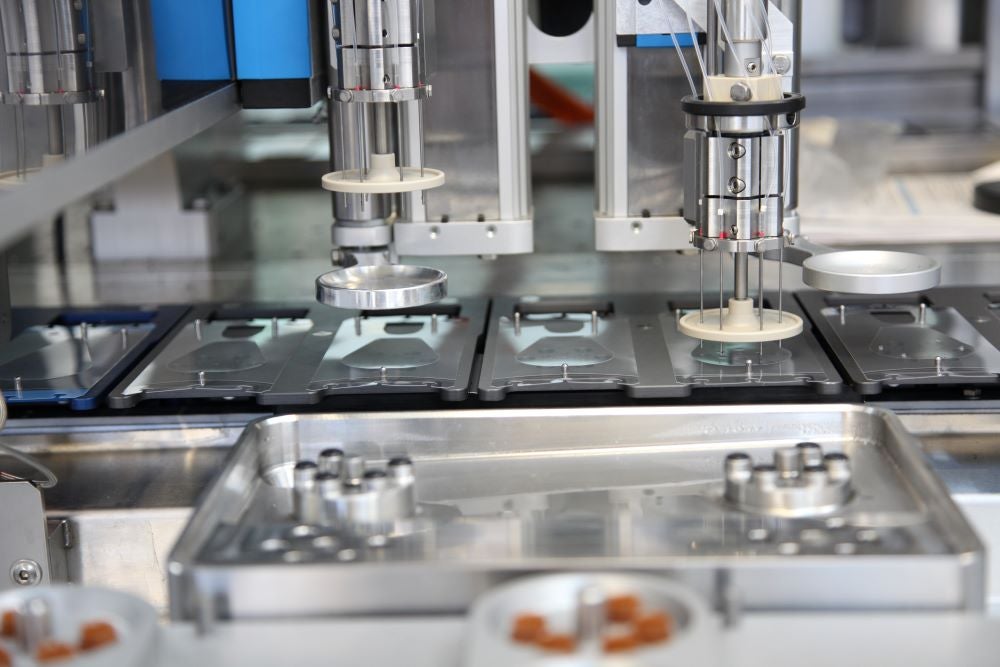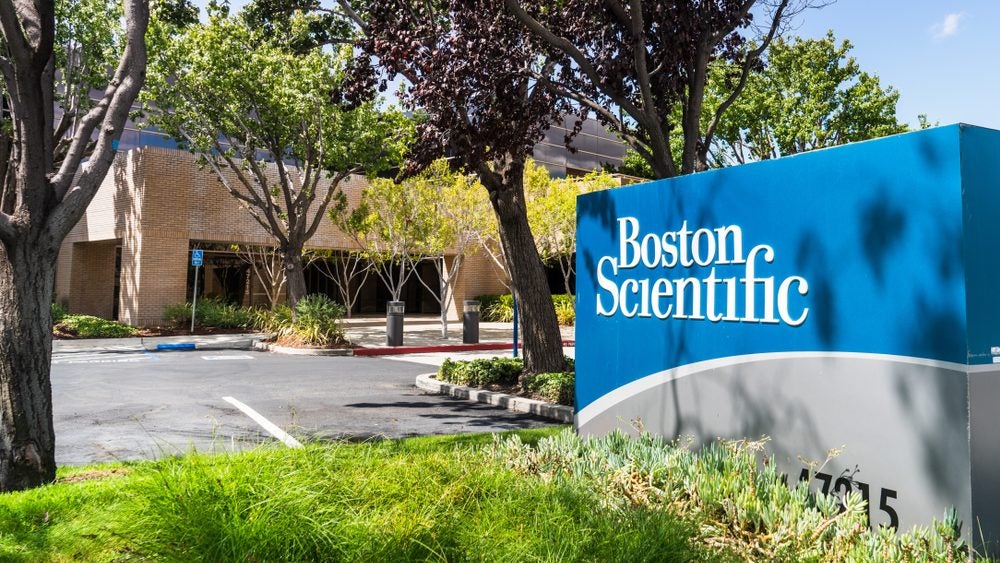
On July 5, Boston Scientific announced an agreement to acquire Cryterion Medical, a company developing a cryoablation platform to treat atrial fibrillation (AF). Medtronic is currently the only player in the cryoablation market with its Arctic Front Cryoablation System. With Boston’s upcoming entrance into the market, Medtronic will face tough competition within the electrophysiology space.
With the increasing incidence of AF, the electrophysiology market is expected to grow rapidly over the next few years. Radiofrequency (RF) ablation is still the preferred treatment choice, but cryoablation has gained momentum through successful clinical trial results that showed similar patient outcomes to patients treated using RF ablation catheters, as well as the fact that cryoablation is potentially safer and has fewer post-procedural complications. Furthermore, the cryoballoon is much simpler to use compared to the RF ablation technique, which requires “precise mapping and point-by-point ablation”.
Medtronic’s strong presence in the electrophysiology market is driven by its dominance within the cryoablation space, where it is a pioneer of cryoablation technology. However, outside of cryoablation, Boston Scientific’s presence has been much stronger than Medtronic’s in both the ablation and diagnostic spaces since the acquisition of C.R. Bard’s electrophysiology business in 2013. With Boston Scientific having a strong product portfolio in RF ablation and diagnostic catheters, Medtronic’s growth in the electrophysiology market is somewhat limited due to its comparatively weaker portfolio outside of cryoablation. Medtronic faces limitations in growth due to the higher cost of the cryoablation system and the complexity around producing the catheters, which need to be built by hand.
Cryoablation is becoming increasingly preferred due to its ease of use and successful outcomes. With an established presence in the electrophysiology market, Boston Scientific’s strategic entrance into the cryoablation space will become Medtronic’s biggest threat in the years to come.










Related Company Profiles
Boston Scientific Corp
Medtronic Plc
CR Holdings, Inc.
Cryterion Medical Inc